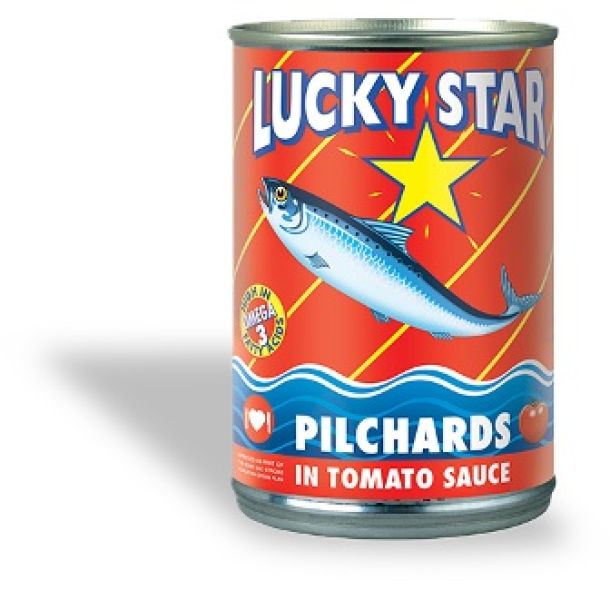Tiger Brands earnings down 17%, still reeling from listeriosis outbreak
Tiger Brands reported a 17% decline in its headline earnings per share, as it still battles to shake-off the effects of the listeriosis outbreak impacting its processed meats business.
The food and beverages company, which owns brands such as value- added meat products manufacturer Enterprise and baby products Elizabeth Anne and Purity, on Friday released its financial results for the year ended September 30.
Tiger Brands said that the unbundling of fishing group Oceana, during the period, as well as a challenging operating environment and a slower than expected recovery in its value-added meat market impacted its full year results.
"Tiger Brands' results for the year ended 30 September 2019 reflect the difficult trading conditions, characterised by an increasingly challenging consumer environment and input costs rising ahead of price inflation," the report read.
"The overall result was significantly impacted by ongoing margin compression across the Grains portfolio, tough trading conditions in the group's primary export markets and the slower than anticipated recovery of the value-added meat products business.
"The unbundling of the company's investment in Oceana also had a significant impact on year-on-year comparisons," the report read
Headline earnings per share declined 17% to 1 349c , compared to 1 633c reported in 2018. Earnings per share increased 55% to 2 346c, compared to 1 530c reported in 2018 – due to a capital surplus of R2bn, arising from capital profits realised and a fair value gain relating to the unbundling its interest in Oceana. "This capital surplus had no impact on headline earnings per share as it is excluded for headline earnings purposes," the group clarified.
A final cash dividend of 434c was declared, bringing the total dividend of the year to 1 061c per share.
The company however managed to increase revenue by 3% to R29.2bn, driven by price inflation of 5%. Operating income declined 20% to R2.6bn, excluding the impact of the value-added meat products business, the group operating income would have only declined by 11% to R3.2bn.
During the period, the group closed Deli Foods, in Nigeria, which had been loss-making. "The process is expected to be concluded in the next few months," the report read.
Tiger Brands also plans to sell its value-added meat products business which includes brands Enterprise, Bokkie and Renown. The group indicated that a formal due diligence process is still underway.
Last year government traced the outbreak of listeriosis to an Enterprise factory in Polokwane, Fin24 previously reported. A large class action lawsuit has since been launched against Tiger Brands.
Earlier in November, Tiger Brands issued a shareholder notice indicating that following a review its board concluded that the business should be disposed. The company also said that it had received several bids for the business.
News Category
- International retailers
- On the move
- Awards and achievements
- Legislation
- Wine and liquor
- Africa
- Going green
- Supplier news
- Research tools
- Retailer trading results
- Supply chain
- Innovation and technology
- Economic factors
- Crime and security
- Store Openings
- Marketing and Promotions
- Social Responsibility
- Brand Press Office
Related Articles

From rural roots to national spotlight - young ...

Knorr recalls brown onion gravy sachets

Eskom begins power cuts

Consumers seek value over price as brand loyalt...


